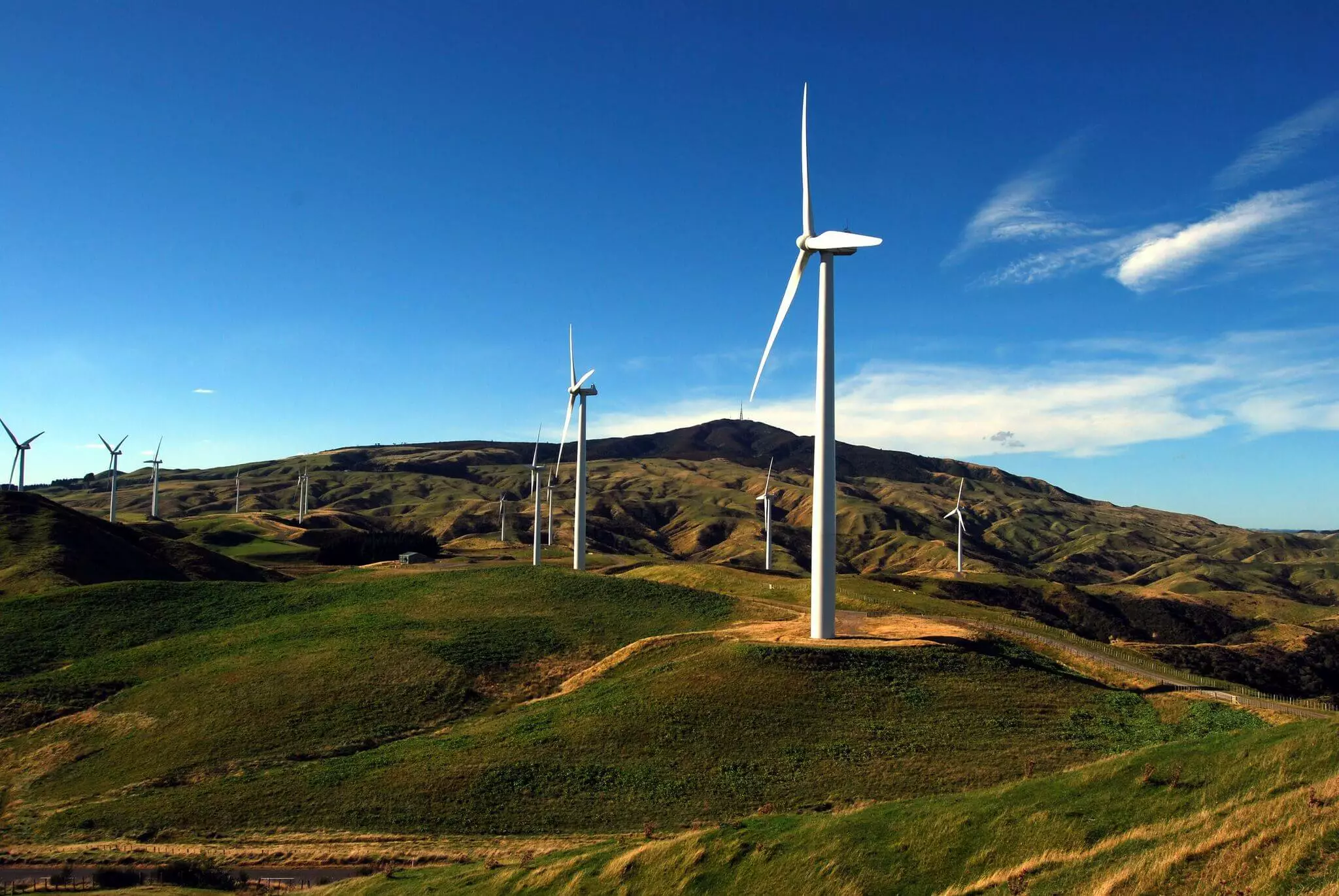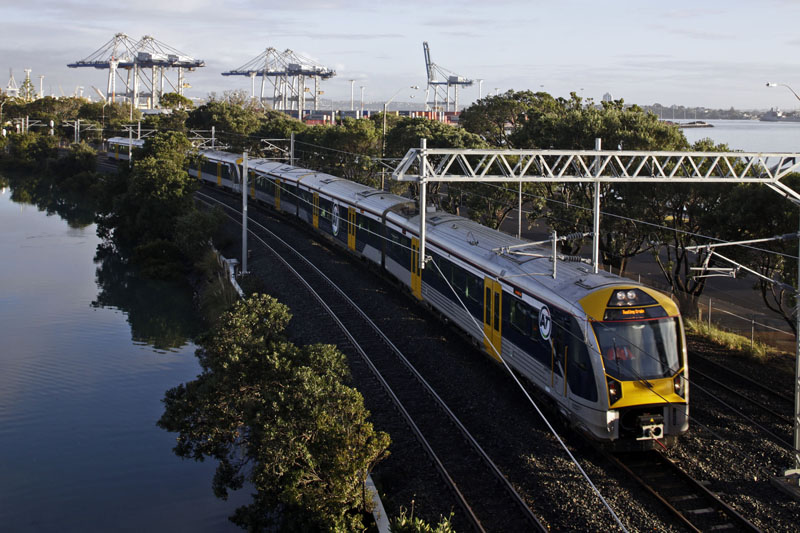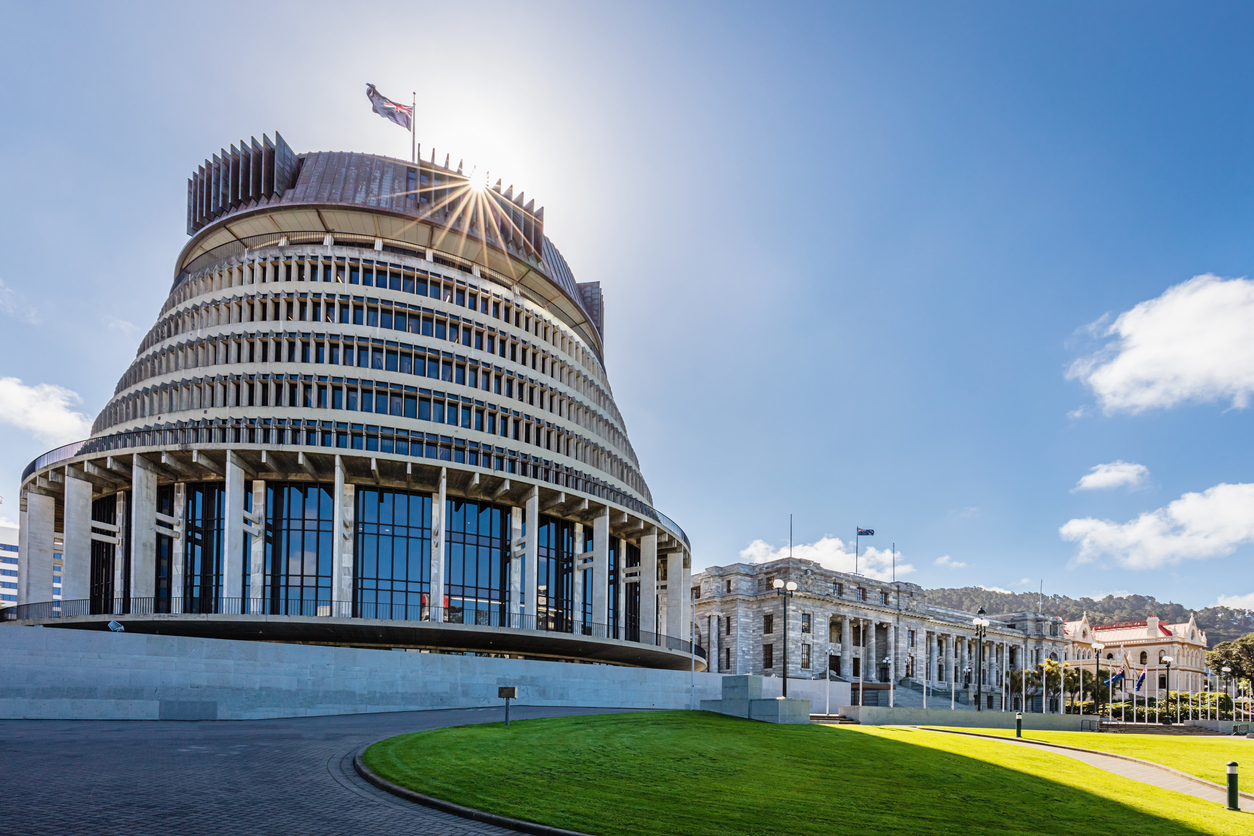
Aotearoa New Zealand faces a unique set of challenges in the 21st century. From climate change and environmental degradation to delivering infrastructure and managing urban growth, we need innovative and evidence-based solutions to build a more sustainable and resilient future for all New Zealanders.
This research stream will bring together evidence and research that explores critical issues and develops practical solutions across a range of areas, including:

We want Aotearoa New Zealand to be somewhere that everyone thrives. Yet, disparities in health, access to resources, and opportunities remain a challenge. This research stream dives deep into these issues, seeking solutions for a healthier and more equitable Aotearoa.
In this research stream we’ll explore critical topics like:

There are a number of short and longer term problems facing our economy. From rising inequality and inflation to unlocking our true productivity potential, we need innovative and evidence-based solutions to build a more prosperous economy that benefits all New Zealanders.
This research stream will explore issues and develop policy solutions across key areas, including:

Our world is increasingly turbulent and unstable. With the rise of online hate speech, the complexities of maintaining New Zealand’s independent foreign policy, navigating a rapidly-evolving media landscape, responding to global humanitarian crises and conflicts, and growing concerns of corruption in an increasingly interconnected world.
This research stream is dedicated to understanding these issues through a New Zealand lens. Particularly using the experience and knowledge of our patron, the Rt. Hon. Helen Clark, we'll explore how these global forces impact New Zealand and its people, and how we can best navigate this complex world.
Our research focus areas include: